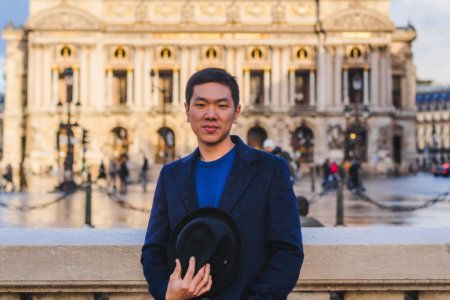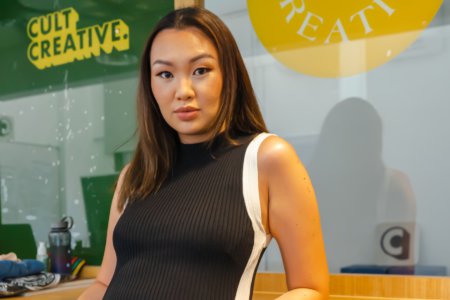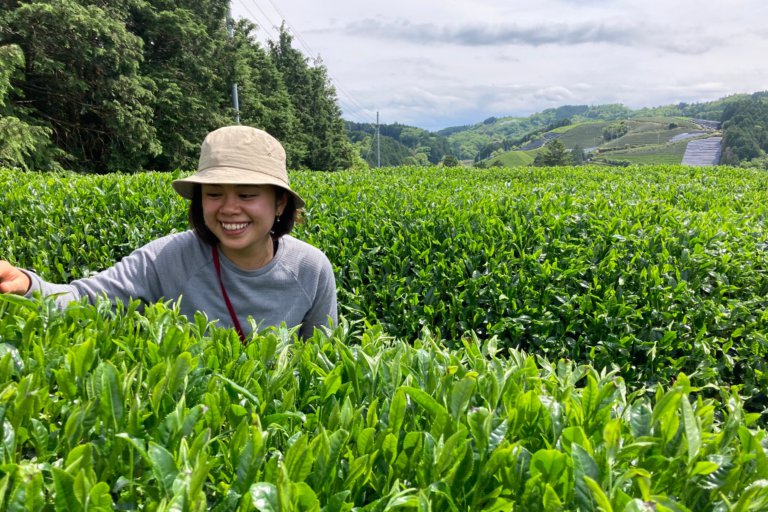
On the diamond-shaped island of mainland Singapore, a junior research analyst had her nose buried deep in documents and paperwork. Her role included formalising and writing research papers commissioned by international institutions as well as IT industry analysis for the Asia Pacific region.
This was the reality for Ryhan Mohd Yazid, a Bachelor of Arts (International Studies) graduate from Australia’s RMIT University. In the eyes of the society that she lives in, at least, she was living the Singaporean dream. Yazid did not feel the same.
Soon, she would find her calling in something that’s downright implausible in her country: farming. Only 1% of the entire 274-square-mile country is used for conventional farming.
Yazid was researching how to use technology to improve farming methods when she decided to quit. “It struck me that I had zero knowledge of their industry or practices. I felt that this really spurred me to go out and acquire the experience that was necessary before advising the agriculture sector, or any sector for that matter,” Yazid tells Study International. “In short, I tendered my resignation to gain hands-on experience rather than sitting comfortably at my desk.”

In search of her true calling, Yazid booked a flight ticket to Japan. Source: Ryhan Mohd Yazid
Leaving it all behind for greener pastures
As a child, Yazid was already curious about nature and had a passion for reading. Her parents also used to take her fishing or for walks in nature reserves. As such, her next move — i.e. uprooting her life in Singapore and becoming a tea farmer — felt organic.
Her destination? Japan. “The farm just happened to be a tea farm, and I was also grateful because I love tea. Regardless of what type of farm it may have been when I first moved, I am sure I would have put in my 200%.”
Asked how such a drastic decision came about, Yazid recalls: “Farming has always been something that I was keen to take up. I remember before moving to Japan, I got a notification from Facebook about my ‘memories’ and one of them actually said ‘I just want to be a farmer.’ This was from almost 10 years ago too!”
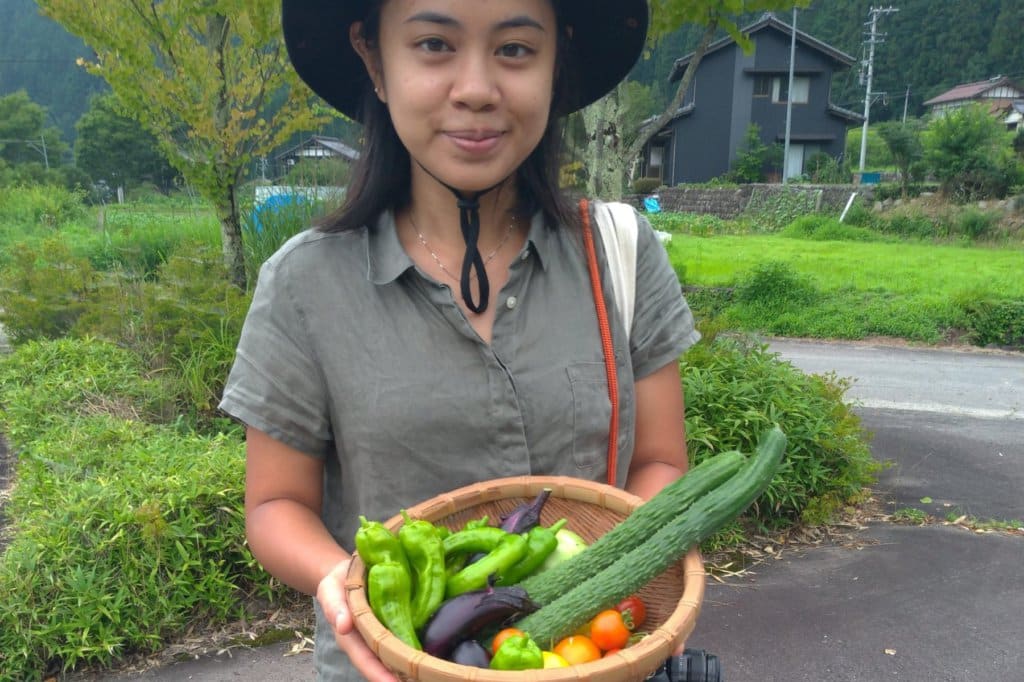
Tea farmer Yazid holding a basket full of produce she harvested herself. Source: Ryhan Mohd Yazid
Balancing research and being on the ground
While the 29-year-old worked as a tea farmer to pay her dues, she began translating a practical textbook on Japanese green tea from Japanese to English. It was during this process that she realised that she had never lost what she called her “deep profound love” for researching and learning. Wanting to do both at the same time and satiate the research aspect of her fieldwork, she enrolled in Kyoto University’s Graduate School of Agriculture.
Enrolling in a Japanese university was a no-brainer for Yazid. “Japan has always fascinated me,” she says. “Part of me wanted the challenge of learning a new language. I studied Japanese for about six months prior to moving but speaking Japanese on the main island is a completely different ball game! Of course, I was worried, but I left my ego in Singapore and went out every day embarrassing myself learning how to speak.”
“I feel like it is important to see anyone’s question about your culture from a point of curiosity rather than invasiveness or as being judgmental. Perhaps the biggest challenge is when I would sometimes slip into Singlish and no one would understand me,” she muses.
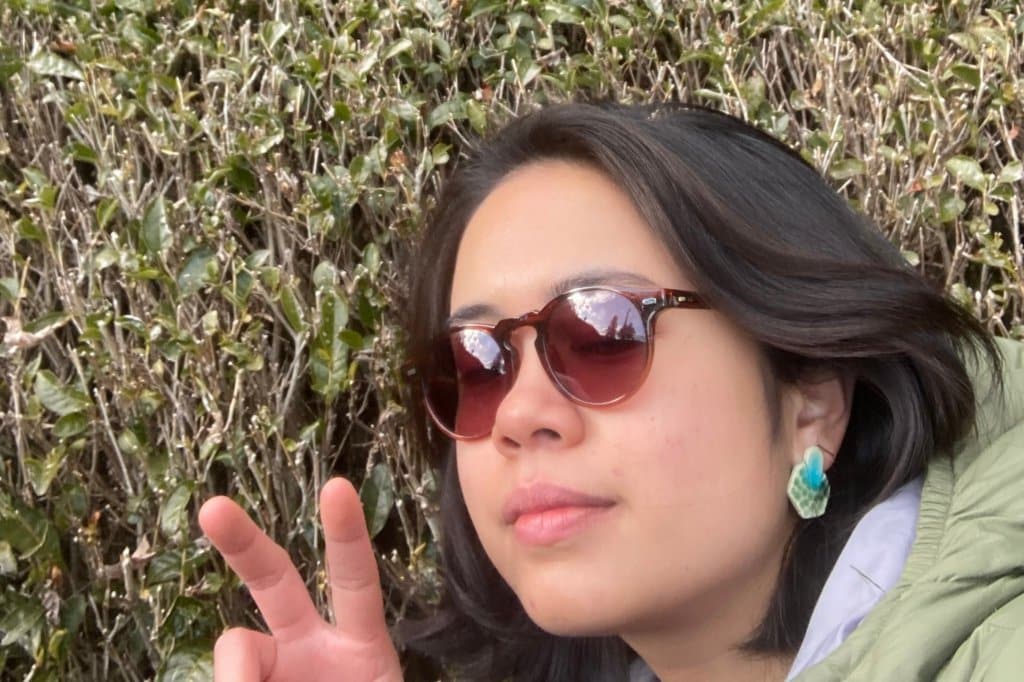
Yazid has no regrets trading her comfortable desk job for a pair of gloves and boots. Source: Ryhan Mohd Yazid
The tea farmer feels appreciated and acknowledged
Being an international student is definitely hard, says Yazid. The locals will be curious about you and your culture. They may even keep a distance from you at first. “They eventually warmed up to me because they saw me in the fields daily. They must have wondered how a girl like me ended up here,” she told Rice Media.
Being a tea farmer in Japan, however, has many perks. The locals hold those with vocations in high regard. In Singapore, people would only look up to you if you’ve made it in the corporate world, Yazid says, but Japan has a way of holding everyone in the same esteem no matter what their job is.
“Working as a farmer matters, whether it’s tea or any other produce because you’re playing a part in cultivating a product that will be consumed by someone else. In addition to that, you have also been entrusted to look after these crops, which are living things,” Yazid explains. “I feel the most important thing to look out for is how much a farmer respects his fields. That respect and love automatically translate into a product that is delicious.”
The former research analyst had nothing but good things to say about studying abroad. After all, it has brought her to a country where she found happiness and purpose. Her advice is to just do it: “Showing up can be terrifying because it makes you feel vulnerable, but, show up for the experience. Even a bad experience is valuable. Not everyone will understand your decisions and that’s perfectly okay. As long as your intentions are in the right place, you will find a way.”








